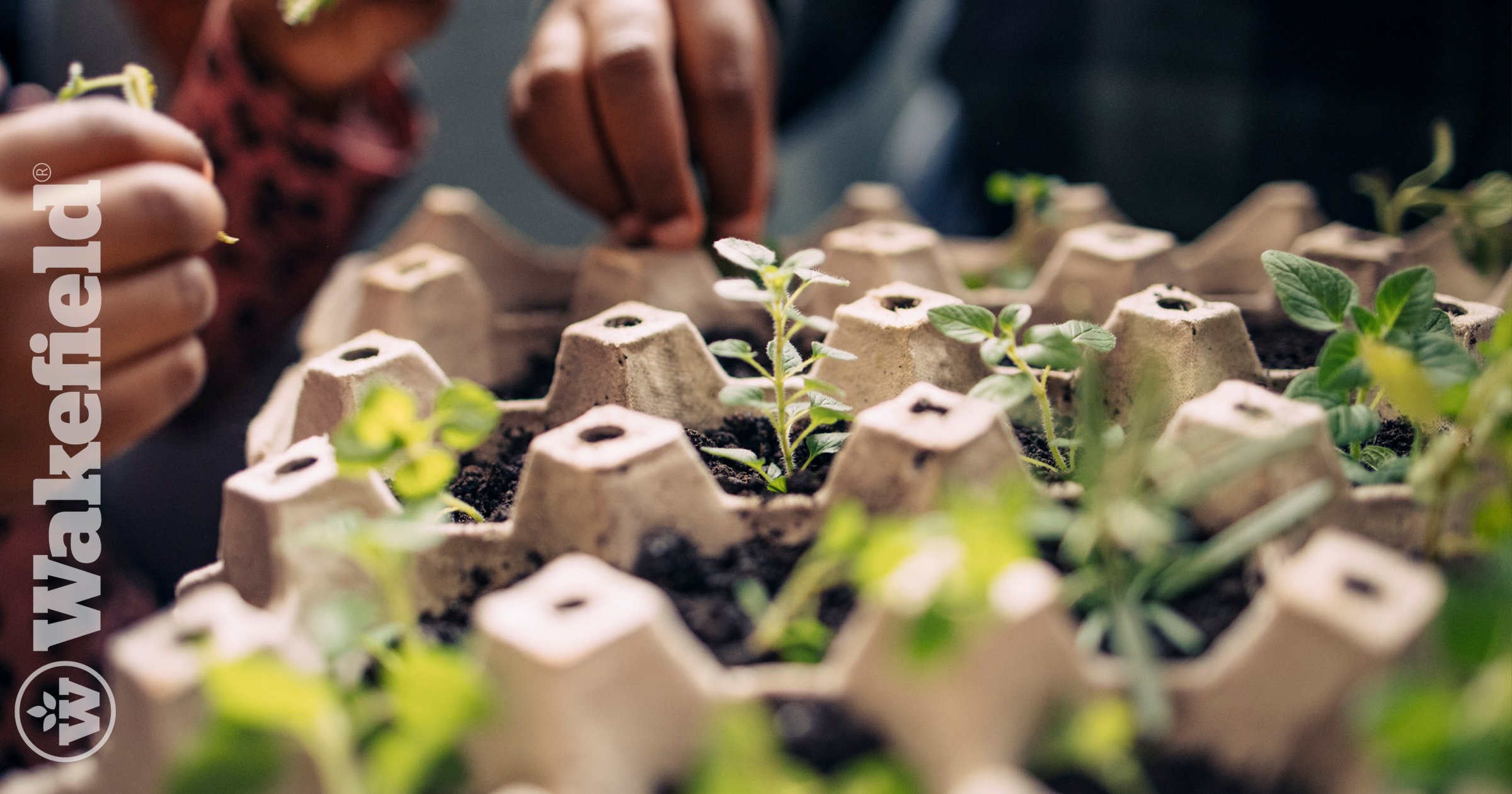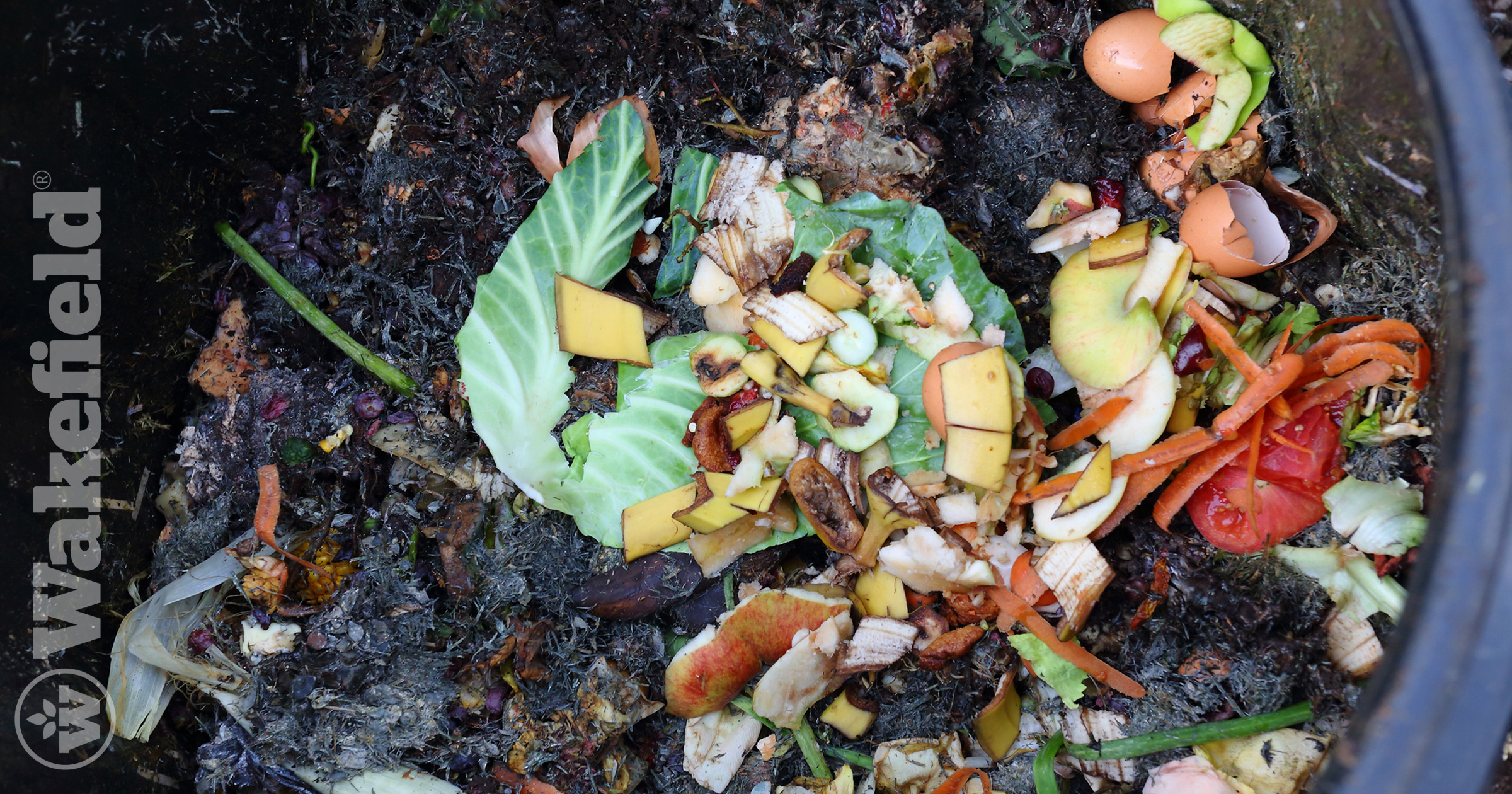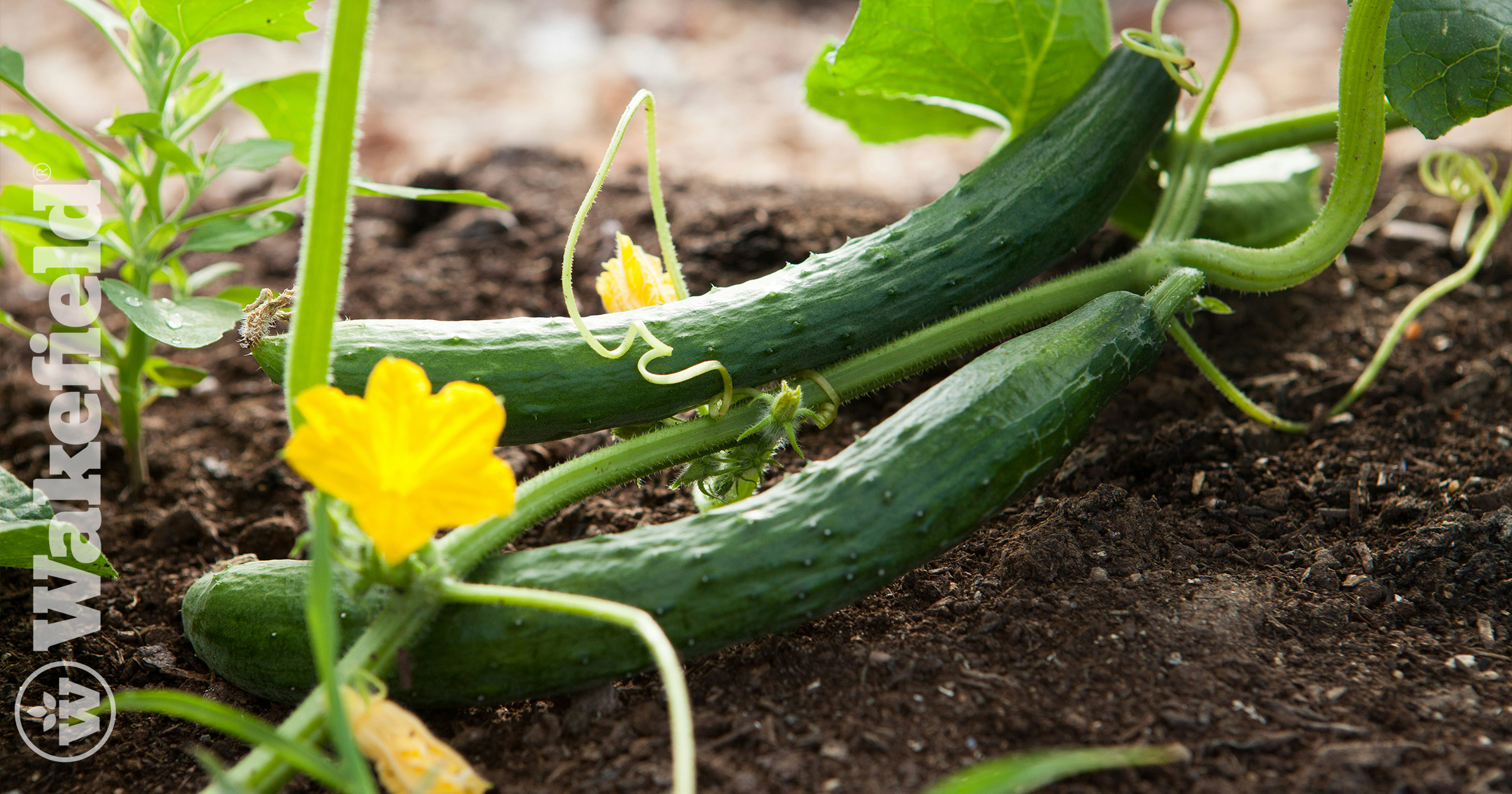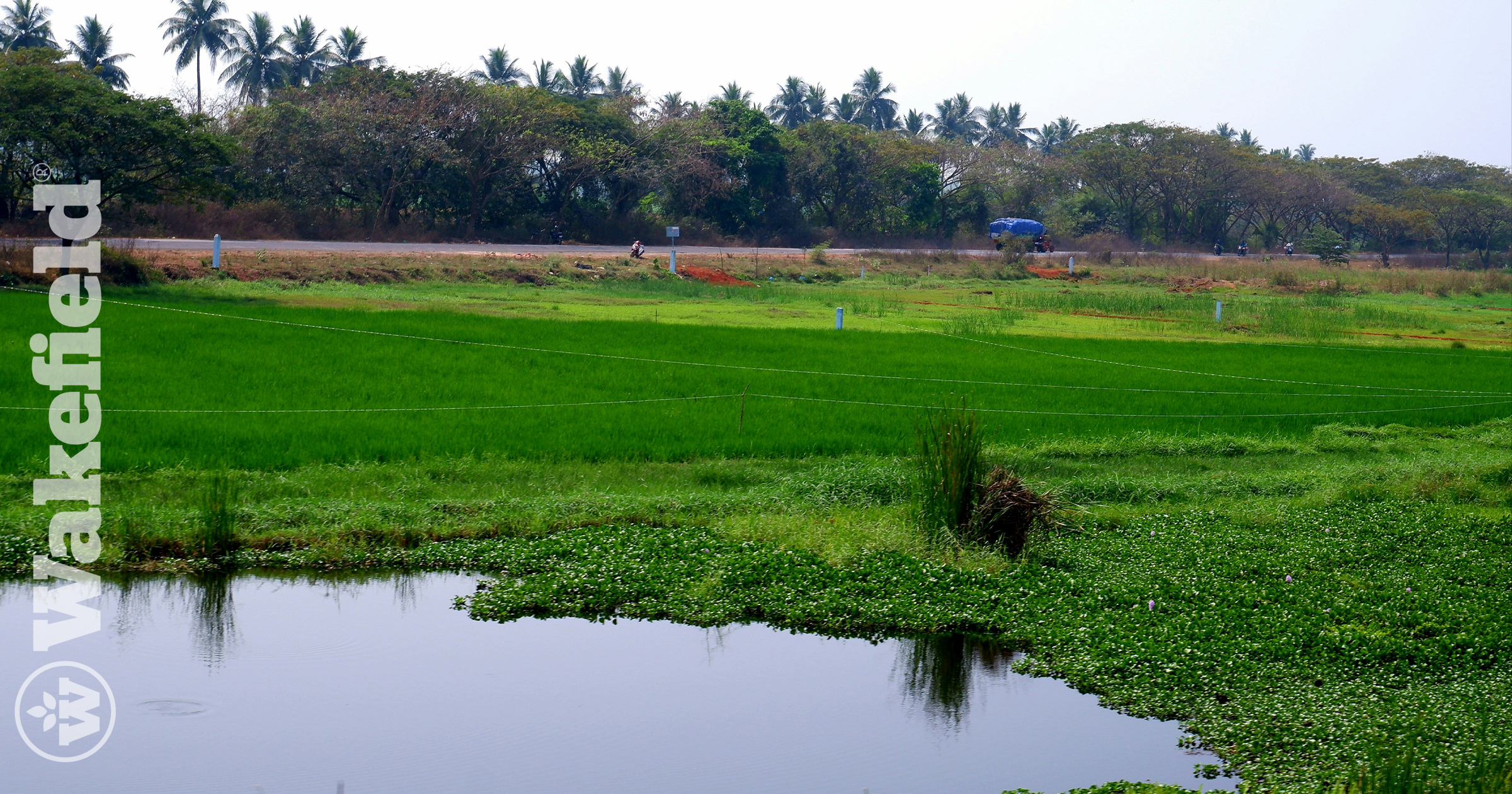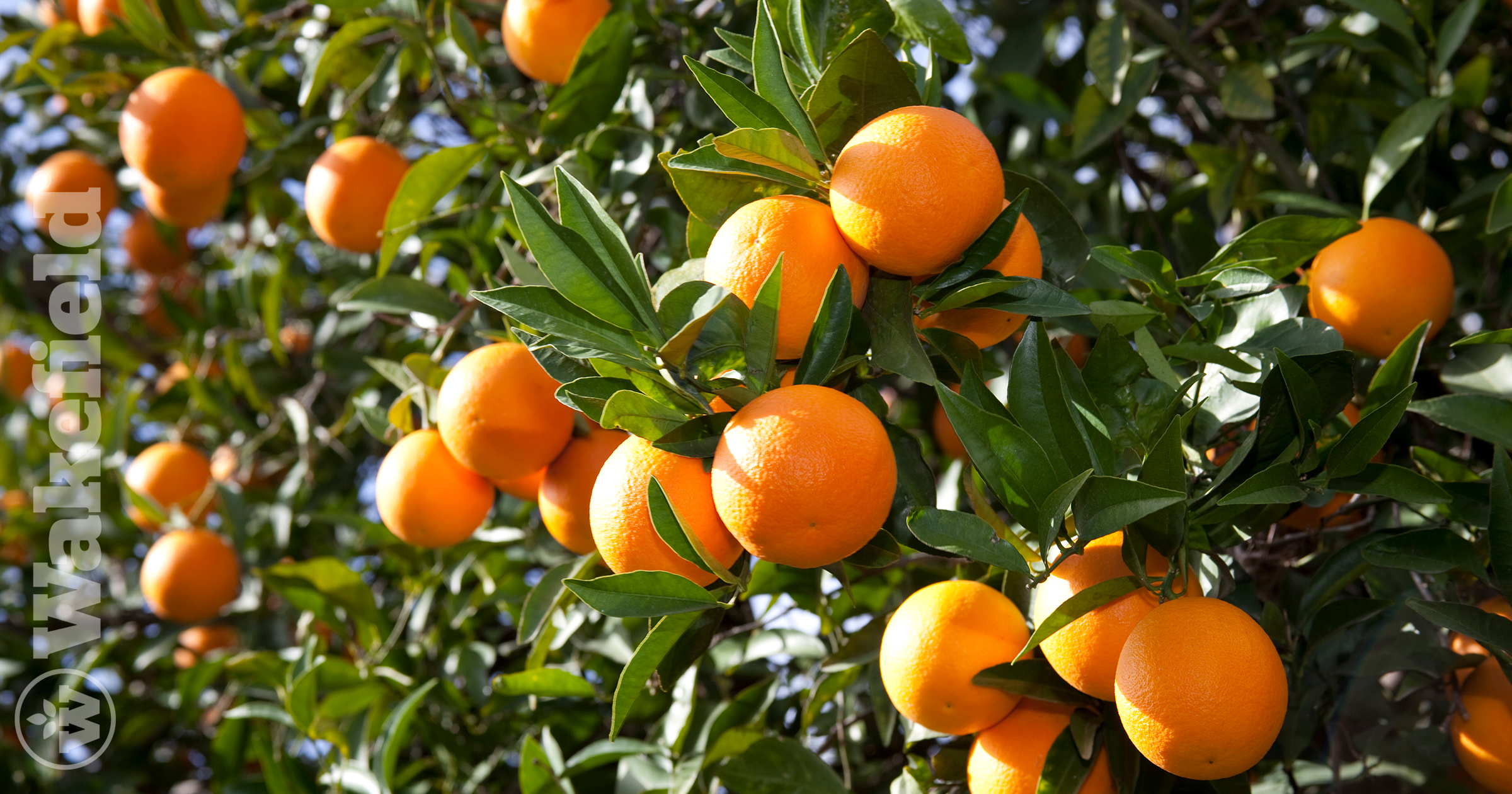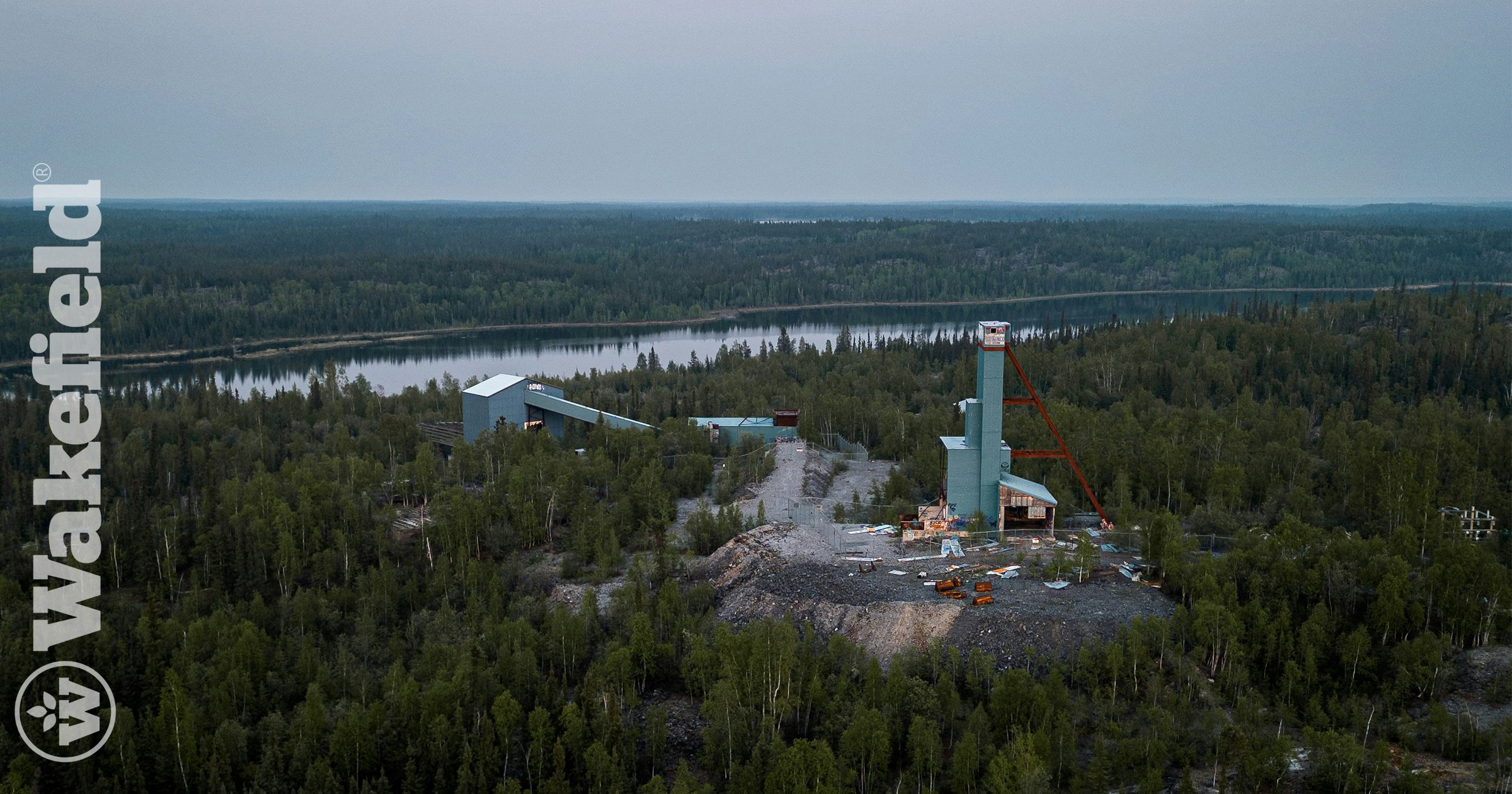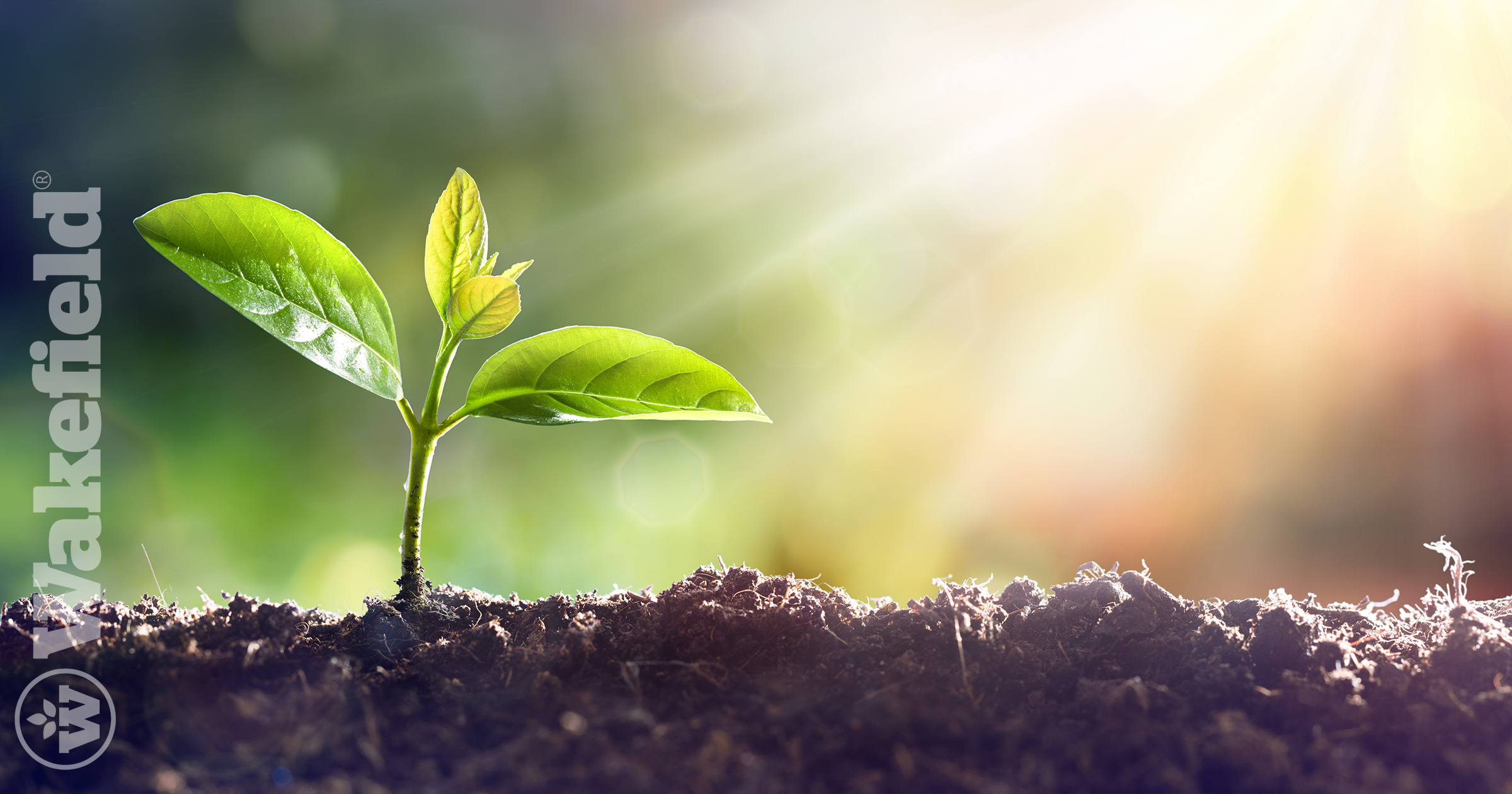
Learning Center
Explore practical articles, expert insights, and step-by-step guides to enhance your gardening.


Learning Center Topics
The following articles appear under the The Science of Biochar category:
Back-to-School DIY: Egg Carton Seedlings with a Sustainable Twist
As the new school year kicks off, it’s time to unleash some creativity and teach the kiddos about sustainability with a project that’s both messy and magical! We’re talking about getting their hands dirty while learning how to grow something green. And guess what? You don’t need to buy anything fancy—just grab that old egg […]
Compost + Biochar
Combining compost with biochar enhances soil fertility, creating a powerhouse blend that nourishes plants and promotes sustainable gardening.
What is Pyrolysis?
Pyrolysis involves heating organic materials without oxygen, decomposing them through heat alone, unlike burning which requires oxygen.
Biochar as a Sustainable Product for the Removal of Odor Emissions – Mini Literature Reviews
Biochar is a sustainable product that can be effectively used in various systems to remove odors.
Biochar’s Role in Boosting Water Retention
High-interporosity biochar significantly boosts water retention in coarse soils, especially when combined with compost and cover cropping.
The Effect of Water and Biochar on the Growth of Cherry Belle Radishes
In a groundbreaking experiment, Cherry Belle radishes were cultivated alongside biochar, unveiling a promising alliance that intrigued researchers with its potential to revolutionize agricultural practices.
The Impact Of Particle Size On Biochar Porosity
Learn how the particle size of biochar affects its porosity and its effectiveness in soil enhancement.
Biochar Beats Citrus Greening Disease And Improves Productivity
Learn how biochar combats citrus greening disease and boosts citrus tree productivity and health.
Biochars Reduce Mine Land Soil Bioavailable Metals
Scientists investigated the potential of using biochar made from local feedstocks, pine beetle–killed lodgepole pine and tamarisk, to remediate soils affected by mine lands.
Soil Remediation
Learn how soil remediation with Wakefield BioChar removes harmful contaminants, protects health, and improves soil for better plant growth and sustainability.
